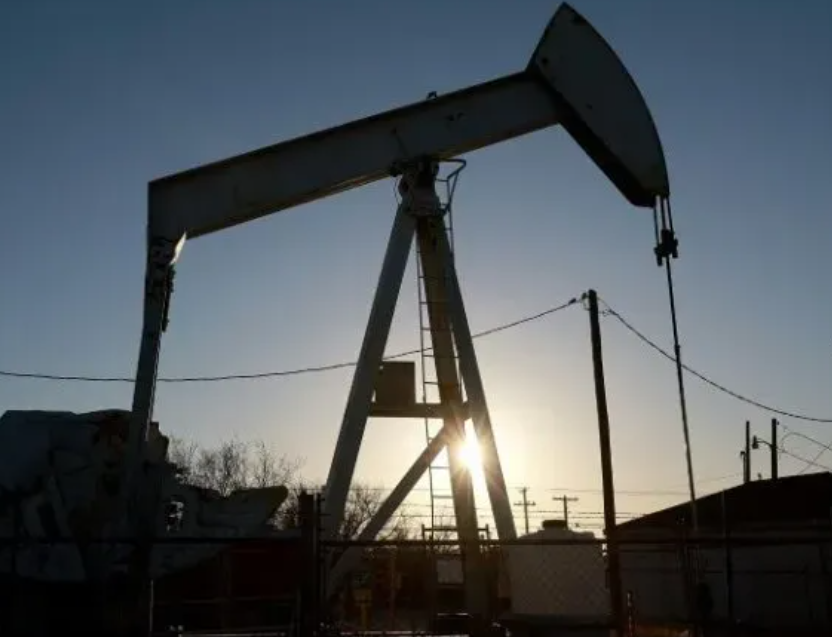An attack by Yemen’s Houthi rebels on Saudi Arabia’s oil facilities on Friday gave another boost to oil prices as markets tried to digest a new round of sanctions against Russian oil.
The oil market has staged a strong rally in recent months taking WTI crude oil well above the $120 per barrel. Oil prices have been driven higher by strong demand following the end of the pandemic recession and the recovery and tight supply due to production bottlenecks.
Then there’s the Russian-Ukraine war, the U.S.-EU sanctions against Russian oil, and the growing market expectations of supply interruptions due to the war’s lingering.
How long will the rally last? Oil industry analyst Theophanis Matsopoulos doesn’t see the oil market bull running for too long.
“Most of the runup in oil prices is a matter of expectations,” he said. “Expectations about oil supply disruptions, and expectations that the world will stop buying oil from Russia. Neither of the two will materialize.”
But he doesn’t see these expectations materializing.
“Sanctions aren’t the same thing as embargos,” Matsopoulos said. “The EU won’t go along with America on cutting Russian oil imports. They cannot afford it.”
And without expectations materializing, oil prices will have to head south again.
“The oil market is clearly a volatile one with a 5% daily move (or more) not that unusual,” said Jay R. Young, Founder & President of King Operating Corporation and author of The Upside of Oil and Gas Investing.
“Short-term is somewhat dependent on trading; long-term, we have been calling for oil at $120/bbl or higher for quite some time…and that was before Russia invaded Ukraine and sanctions against buying Russian oil were put in place.”
The reason?
“Global demand is going up as we come out of the pandemic and approach the busy summer travel season,” Young said. “Meanwhile, supply is not keeping pace due to a number of reasons including the Biden Administration’s restriction on drilling on federal land in the U.S.”
Young sees the bull oil market continuing over the long term. “All signals point to significantly more expensive oil and gas globally,” he said. READ FULL ARTICLE







